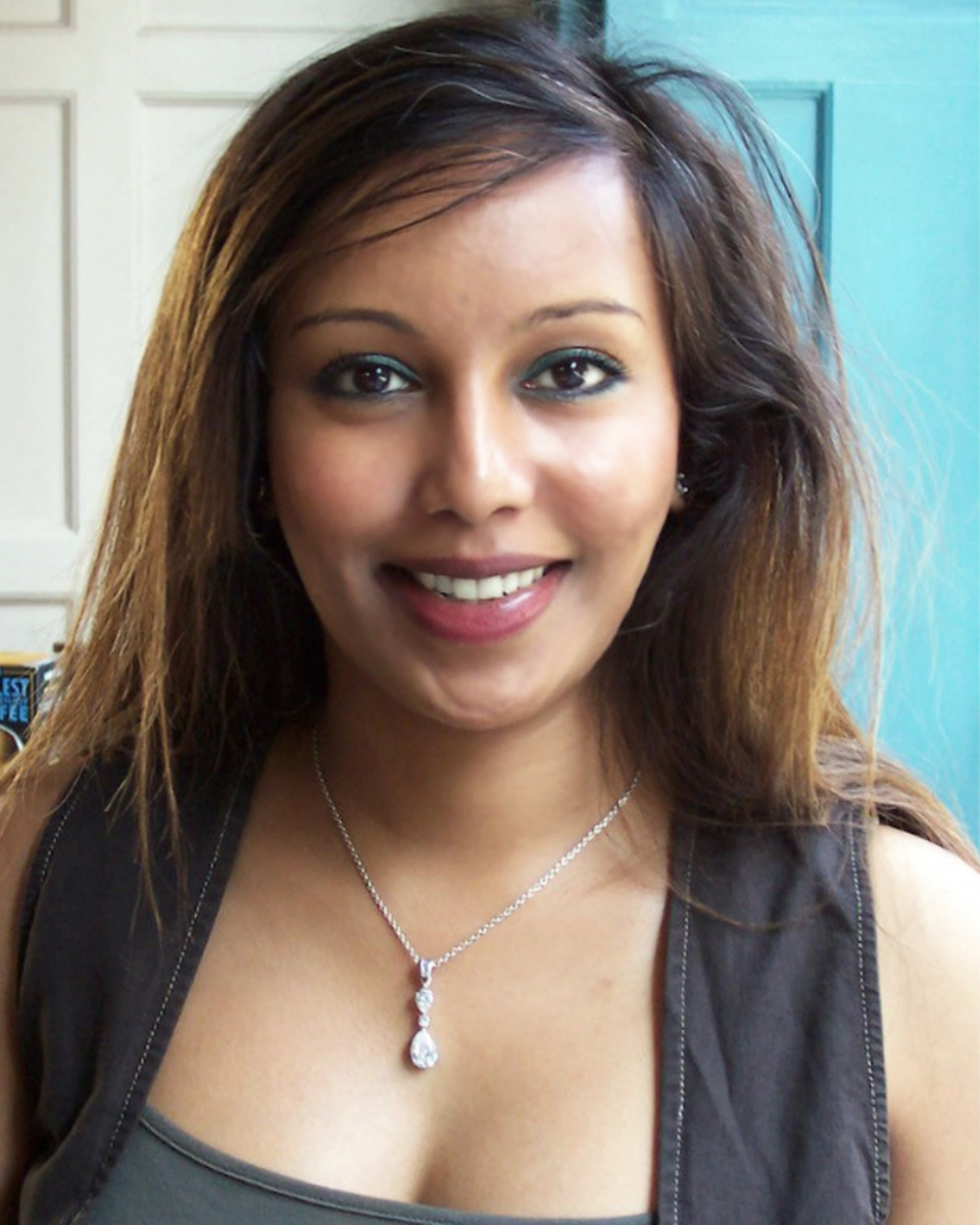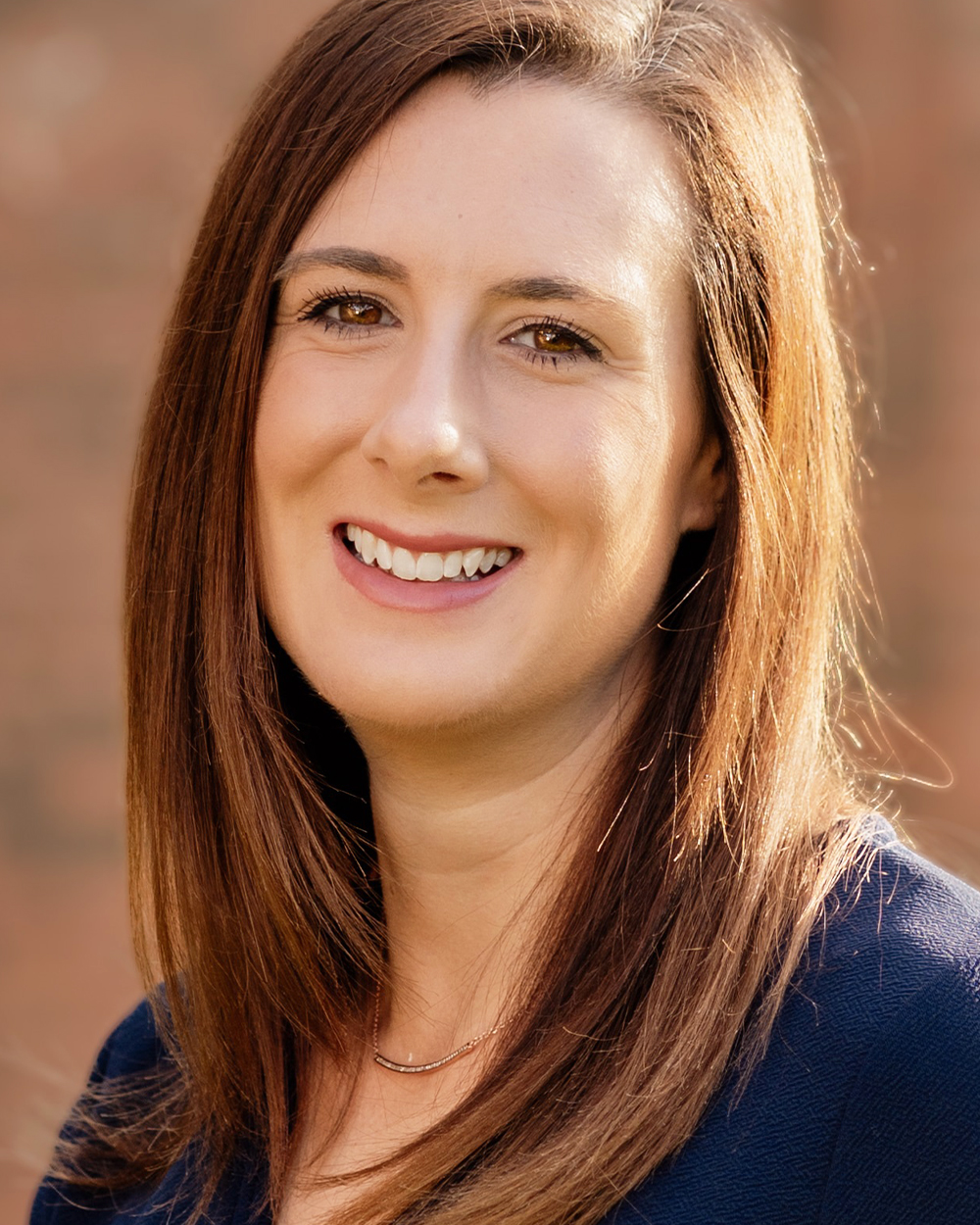Our Supporters
We work with a great many organisations either as funders of our work or as ongoing stakeholders and supporters. In particular, we would like to thank the following for their continued support:
Funders

Ambassadors

Pam Burrows
Ambassador

Pam Burrows
Ambassador
Pam has been an advocate and supporter of our work for many years.
She has regularly hosted workshops as part of our annual self harm conference promoting self-care and ensuring we all take the time to look after ourselves. In recent years, Pam has been kind enough to donate her time to compere our annual celebration event bringing her compassion and enthusiasm to help us to celebrate the work we do and those we support.

Shona Charlton
Ambassador

Shona Charlton
Ambassador
Biography coming soon.

Lauren Crow
Ambassador

Lauren Crow
Ambassador
Lauren is a solicitor specialising in Court of Protection welfare matters and is one of the founding directors of MJC Law — a specialist law firm committed to supporting and advocating for some of the most vulnerable people in society. Through her work, Lauren has spent her career fighting for the rights and dignity of those individuals who lack capacity to make their own decisions or are navigating their own mental health challenges.
Lauren’s passion for suicide and self harm prevention is deeply rooted in personal experience. At the age of 12, Lauren lost her father to suicide — a devastating event that has shaped every aspect of her life. In the years since, several other close family members have struggled with their mental health and made (thankfully unsuccessful) attempts on their own lives. These experiences have given Lauren a profound empathy for those in crisis and a determination to drive change, particularly in a world where resources feel ever more scarce.
As an ambassador for Harmless, Lauren brings both lived experience and professional insight to the forefront of suicide prevention advocacy. She is committed to challenging stigma, encouraging honest conversation, and helping to build systems that offer real support. In her role as President of Nottinghamshire Law Society in 2024–2025, Lauren chose Harmless as her charity of the year and over the course of her tenure raised nearly £12,000 for the organisation, including by completing a sponsored skydive. Lauren is really proud to continue her support of Harmless through her ambassador role.
Lauren’s passion for suicide and self harm prevention is deeply rooted in personal experience. At the age of 12, Lauren lost her father to suicide — a devastating event that has shaped every aspect of her life. In the years since, several other close family members have struggled with their mental health and made (thankfully unsuccessful) attempts on their own lives. These experiences have given Lauren a profound empathy for those in crisis and a determination to drive change, particularly in a world where resources feel ever more scarce.
As an ambassador for Harmless, Lauren brings both lived experience and professional insight to the forefront of suicide prevention advocacy. She is committed to challenging stigma, encouraging honest conversation, and helping to build systems that offer real support. In her role as President of Nottinghamshire Law Society in 2024–2025, Lauren chose Harmless as her charity of the year and over the course of her tenure raised nearly £12,000 for the organisation, including by completing a sponsored skydive. Lauren is really proud to continue her support of Harmless through her ambassador role.

The Harris Family
Ambassadors

The Harris Family
Ambassadors
The Harris family have been champions of Harmless and The Tomorrow Project for many years.
Trevor Harris helped to promote our organisation and led regular fundraising events that raised thousands of pounds to maintain our services and ensure we can help as many people as possible. Trevor sadly passed away during 2023, but his legacy lives on in all of our work here.
Hilary, Ross and Becky have continued Trevor's amazing work and remain Harmless' staunchest supporters.
Trevor Harris helped to promote our organisation and led regular fundraising events that raised thousands of pounds to maintain our services and ensure we can help as many people as possible. Trevor sadly passed away during 2023, but his legacy lives on in all of our work here.
Hilary, Ross and Becky have continued Trevor's amazing work and remain Harmless' staunchest supporters.

Charlotte Henson
Ambassador

Charlotte Henson
Ambassador
Charlotte is a Detective Sergeant and has served with the Nottinghamshire Police for the past sixteen years.
Part of her role includes the investigation of self inflicted deaths within the community. In this professional capacity, she has worked with The Tomorrow Project and witnessed firsthand the positive impact of our support.
Part of her role includes the investigation of self inflicted deaths within the community. In this professional capacity, she has worked with The Tomorrow Project and witnessed firsthand the positive impact of our support.

Joanna Lockwood
Ambassador

Joanna Lockwood
Ambassador
Dr Jo Lockwood is a Research Fellow working within the NIHR MindTech MedTech Co-operative team at the Institute of Mental Health (IMH) at the University of Nottingham. Her work explores how innovations can support improved psychological understanding and assessment, intervention and treatment delivery, and communication around mental health in children and young people, and in particular in relation to self harm and suicide. She uses creative co-production and participatory methodologies to work with partners and experts.
Jo is currently leading research and involvement projects to explore the experiences, needs and priorities of parents caring for young people in suicidal crisis.
In addition, she is working on the co-development of a new digital tool (the CaTS-app) to support collaborative assessment of self harm as part of the UKRI funded multidisciplinary Digital Youth programme, working in partnership with young people, the Sprouting Minds young person’s advisory group and other clinical, education and third sector partners.
Jo is currently leading research and involvement projects to explore the experiences, needs and priorities of parents caring for young people in suicidal crisis.
In addition, she is working on the co-development of a new digital tool (the CaTS-app) to support collaborative assessment of self harm as part of the UKRI funded multidisciplinary Digital Youth programme, working in partnership with young people, the Sprouting Minds young person’s advisory group and other clinical, education and third sector partners.

Sohrab Panday
Ambassador

Sohrab Panday
Ambassador
Dr Sohrab Panday (MRCP, MRCGP) is Derby & Derbyshire Integrated Care Board Clinical Lead for Mental Health, Learning Disabilities and Neurodiversity, and a General Practitioner at Clay Cross Medical Centre, Chesterfield.
Sohrab has a profound commitment to mental health and suicide prevention. His extensive experience spans over two decades, during which he has made significant contributions to the field.
He has two decades of experience as a GP, during which he has been deeply affected by patient suicides which has driven him to enhance mental health support and training for primary care staff. Sohrab has also chaired the Peterborough & Cambridgeshire Suicide Prevention Implementation Group and later focused on training Primary Care Teams in Derbyshire, where he has delivered peer-to-peer training to over a thousand GPs and professionals.
The author of the UK’s first Postvention Support Pack for Primary Care, Sohrab created a comprehensive guide for GPs and practice staff on how to respond after an actual or suspected suicide, endorsed by the Royal College of GPs & NHS Practitioner Health.
Sohrab advocates for regular training in self harm, suicide prevention and postvention for all NHS staff, frequently speaks on suicide prevention at conferences, and is working with Keele University on self harm research.
‘I am proud to be an Ambassador for Harmless as I share the vision, passion, commitment and values that lie behind its conception, growth and success’ – Sohrab Panday
Sohrab has a profound commitment to mental health and suicide prevention. His extensive experience spans over two decades, during which he has made significant contributions to the field.
He has two decades of experience as a GP, during which he has been deeply affected by patient suicides which has driven him to enhance mental health support and training for primary care staff. Sohrab has also chaired the Peterborough & Cambridgeshire Suicide Prevention Implementation Group and later focused on training Primary Care Teams in Derbyshire, where he has delivered peer-to-peer training to over a thousand GPs and professionals.
The author of the UK’s first Postvention Support Pack for Primary Care, Sohrab created a comprehensive guide for GPs and practice staff on how to respond after an actual or suspected suicide, endorsed by the Royal College of GPs & NHS Practitioner Health.
Sohrab advocates for regular training in self harm, suicide prevention and postvention for all NHS staff, frequently speaks on suicide prevention at conferences, and is working with Keele University on self harm research.
‘I am proud to be an Ambassador for Harmless as I share the vision, passion, commitment and values that lie behind its conception, growth and success’ – Sohrab Panday

Leah Quinlivan
Ambassador

Leah Quinlivan
Ambassador
Dr Leah Quinlivan is a Research Fellow and Chartered Psychologist at the NIHR Greater Manchester Patient Safety Research Collaboration (NIHR GM PSRC) in the University of Manchester. She leads the self-harm research component and the involvement and engagement work for self-harm and suicide prevention in the NIHR GM PSRC and Centre for Mental Health and Safety. Over the next two years, Leah is also a risk assessment delivery lead for the Culture of Care Programme, which is part of NHS England’s Quality Improvement Programme for inpatient care. Previously, she was an expert content advisor for the NHS England funded programmes to improve community-based services for self-harm and the CQUIN for psychosocial assessments.
Prior to joining the University of Manchester, Leah conducted extensive mixed-methods research (quantitative, qualitative, co-design, and participatory research methods) on sensitive topics in Ireland, including with patients who have attempted suicide, families and significant others bereaved by suicide, patients with severe and enduring mental health issues, and people with intellectual disabilities. Her PhD in Public Health and Population Science from University College Dublin, was a mixed-method investigation of psychological models of suicidal behaviour in psychiatric outpatients. Prior to academic research, she worked in mental health care for people with chronic and enduring psychosis and/or bipolar disorder.
For over a decade, Leah has managed and delivered large and complex National Institute of Applied Research (NIHR) funded programmes of work on improving hospital services for people who have harmed themselves. Her research is focussed on the diagnostic accuracy of risk scales, psychosocial assessment, psychological services, and improving patient safety for people who present to hospital with self-harm. She works closely with patients, clinicians, health services, and third sector partners to translate research evidence to clinical practice.
Prior to joining the University of Manchester, Leah conducted extensive mixed-methods research (quantitative, qualitative, co-design, and participatory research methods) on sensitive topics in Ireland, including with patients who have attempted suicide, families and significant others bereaved by suicide, patients with severe and enduring mental health issues, and people with intellectual disabilities. Her PhD in Public Health and Population Science from University College Dublin, was a mixed-method investigation of psychological models of suicidal behaviour in psychiatric outpatients. Prior to academic research, she worked in mental health care for people with chronic and enduring psychosis and/or bipolar disorder.
For over a decade, Leah has managed and delivered large and complex National Institute of Applied Research (NIHR) funded programmes of work on improving hospital services for people who have harmed themselves. Her research is focussed on the diagnostic accuracy of risk scales, psychosocial assessment, psychological services, and improving patient safety for people who present to hospital with self-harm. She works closely with patients, clinicians, health services, and third sector partners to translate research evidence to clinical practice.

